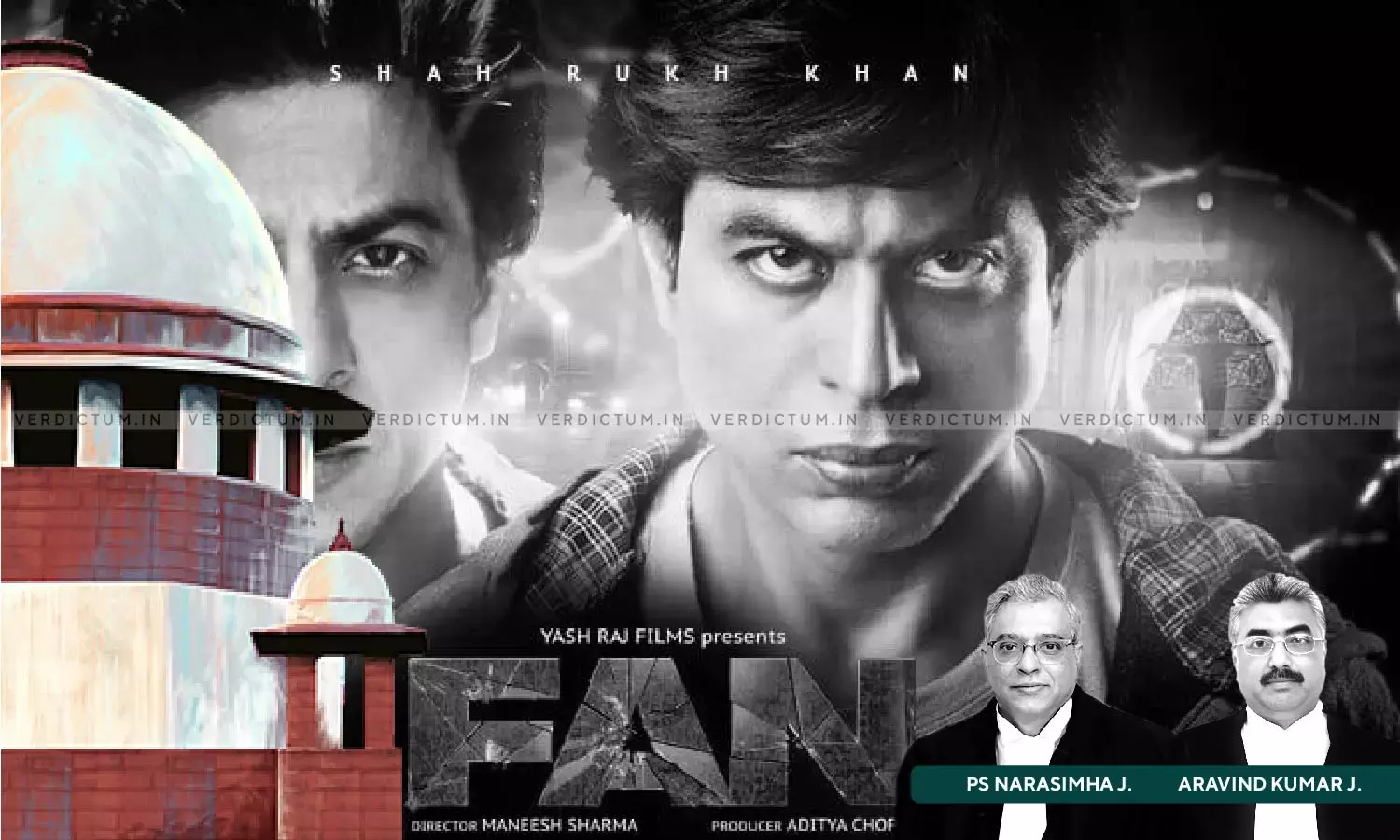Only Substantive & Material Discrepancies Can Be Termed As ‘Unfair Trade Practice' Under Consumer Protection Act: SC
The Supreme Court observed that only substantive and material discrepancies can be termed as ‘unfair trade practice' under Consumer Protection Act.
The court held that including the content of a promo/trailer in the actual movie is not an unfair trade practice while setting aside allegations of deceptive practices against Yash Raj Private Limited.
The Court held that the ingredients of unfair trade practice under Section 2(1)(r)(1) of the Consumer Protection Act, 1986 (the Act) were not made out since the promotional trailer did not fall under any of the instances of ‘deceptive practice’ as it did not make any false statement or intended to mislead the viewers.
The Court further observed that the standard by which a court of law judges the representation, followed by the service, must be different and must account for the creative element involved in such transactions.
Justice Pamidighantam Sri Narasimha and Justice Aravind Kumar observed, “A false statement that misleads the buyer is essential for an ‘unfair trade practice’. A false representation is one that is false in substance and in fact, and the test by which the representation must be judged is to see whether the discrepancy between the represented fact and the actual fact would be considered material by a reasonable person. Further, “statements of the nature which are wilfully made knowingly false, or made recklessly without honest belief in its truth, and made with the purpose to mislead or deceive will definitely constitute a false or misleading representation. In addition, a failure to disclose a material fact when a duty to disclose that fact has arisen will also constitute a false or misleading representation.” Therefore, only substantive and material discrepancies are covered under ‘unfair trade practice’."
Advocate Deepak Biswas represented the appellant, while ASG Aishwarya Bhati appeared for the respondents.
A teacher had alleged that Yash Raj Films (YRF) had deceived her by featuring the song “Jabra Fan” in the promotional trailer of the movie “Fan” but not including it in the actual film. The teacher filed a complaint outlining the mental agony caused by the same and sought damages of Rs. 60k.
The District Consumer Redressal Forum initially dismissed the complaint stating there was no consumer-service provider relationship. However, the State Commission later allowed the teacher's appeal, asserting that YRF engaged in unfair trade practices. The National Consumer Disputes Redressal Commission (NCDRC) upheld this decision.
The Supreme Court clarified that promotional trailers were unilateral and did not qualify as offers, therefore they did not transform into promises/contractual agreements enforceable by law.
After holding that a promotional trailer did not create a contractual relationship/right/liability between a producer and consumer, the Court discussed the legal implications of promotional trailers or teasers circulated before the release of a movie. The Court examined whether trailers/promos of movies created any contractual relationship between the film producer and the viewers and whether it constituted an unfair trade practice if the contents of the trailer were not shown in the movie.
The Court reiterated that “statements of the nature which are wilfully made knowingly false, or made recklessly without honest belief in its truth, and made with the purpose to mislead or deceive will definitely constitute a false or misleading representation. In addition, a failure to disclose a material fact when a duty to disclose that fact has arisen will also constitute a false or misleading representation.”
Upon analysing whether there was any deficiency of service or unfair trade practice under the Act, the Court ultimately held that since there was no contractual relationship was formed based on the promotional trailer alone, there was no unfair trade practice if the contents of the trailer did not match the movie.
The Court pointed out “Services involving art necessarily involve the freedom and discretion of the service provider in their presentation. This is necessary and compelling by the very nature of such services. The variations are substantial, and rightly so. Therefore, the standard by which a court of law judges the representation, followed by the service, must be different and must account for the creative element involved in such transactions.”
Accordingly, the Supreme Court disposed of the appeal.
Cause Title: Yash Raj Films Private Limited v. Afreen Fatima Zaidi & Anr. (Neutral Citation: 2024 INSC 328)
Appearance:
Appellant: AOR Sonali Jain; Advocates Deepak Biswas, Abhishek Malhotra, Subhalaxmi Sen, and Raghav Shukla
Respondents: ASG Aishwarya Bhati; AOR Mohd. Zahid Hussain and Amrish Kumar; Advocates Mumtaz Javed Shaikh, Zeeshan Zaidi, Ruchi Kohli, Vatsal Joshi, Ruchi Gour Narula, Ishaan Sharma, Vedansh Anand, Navanjay Mahapatra, and Shashwat Parihar




